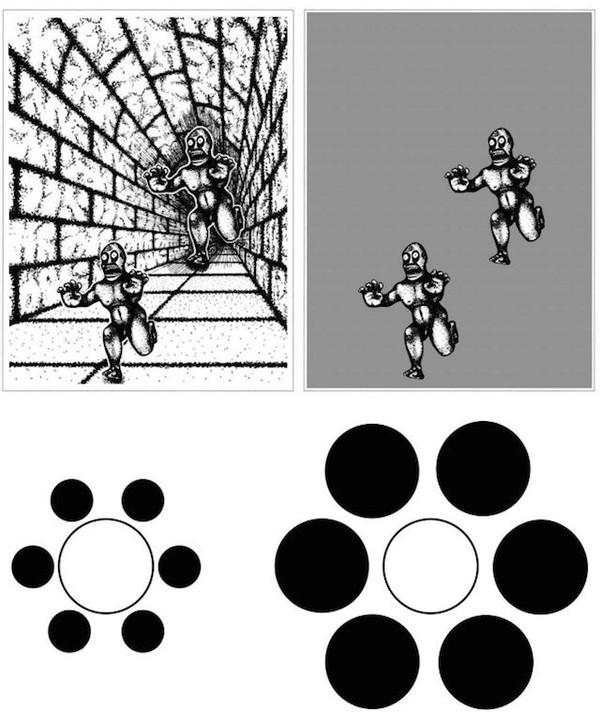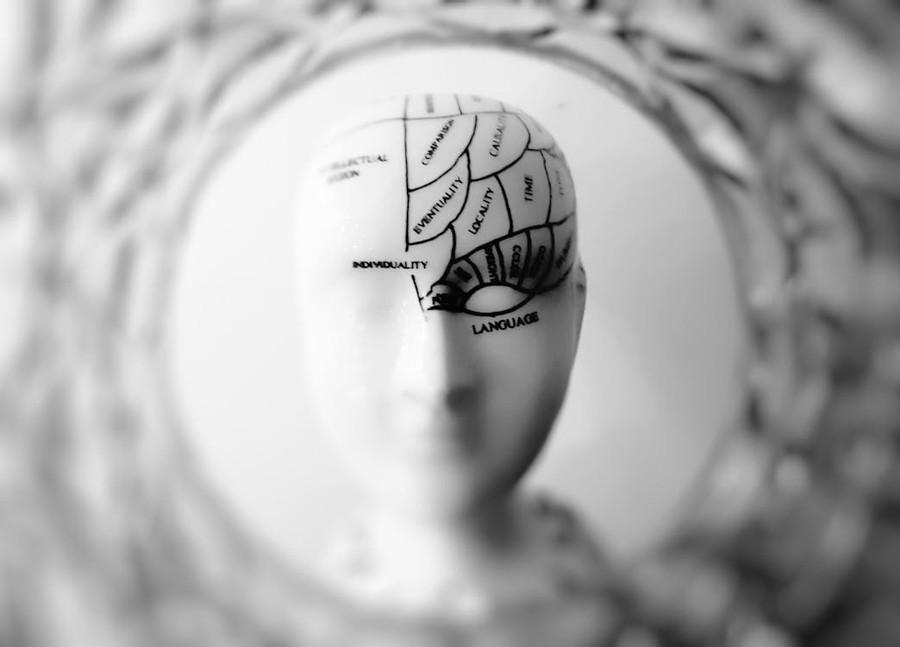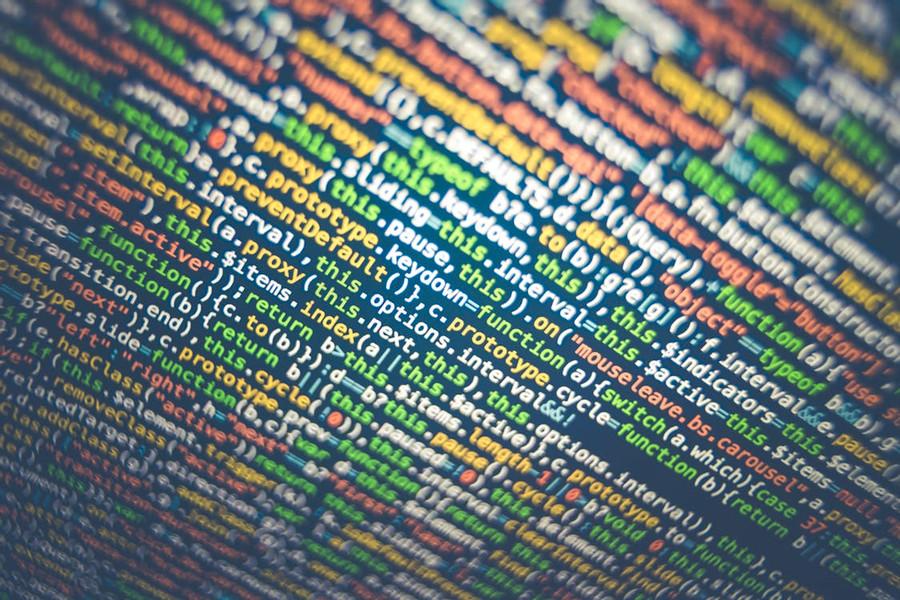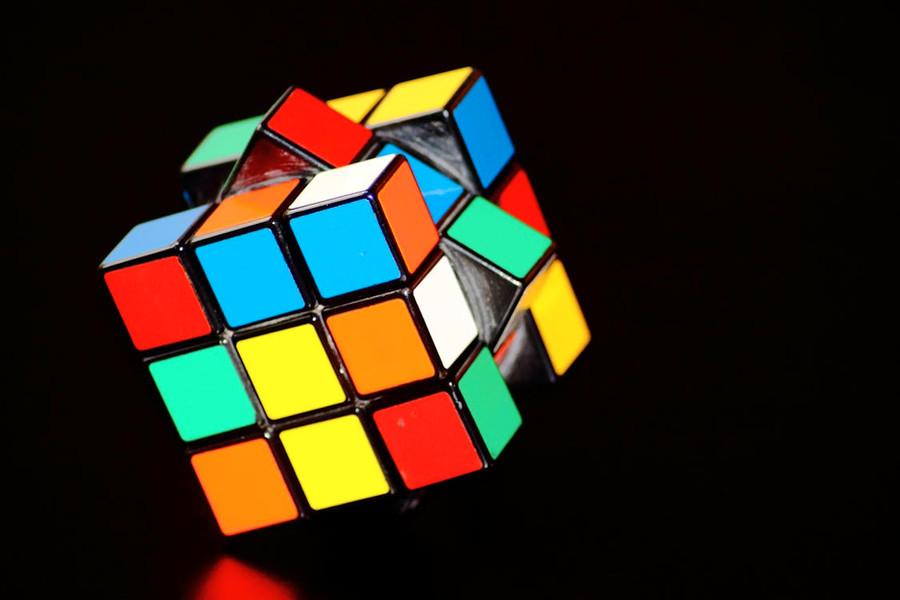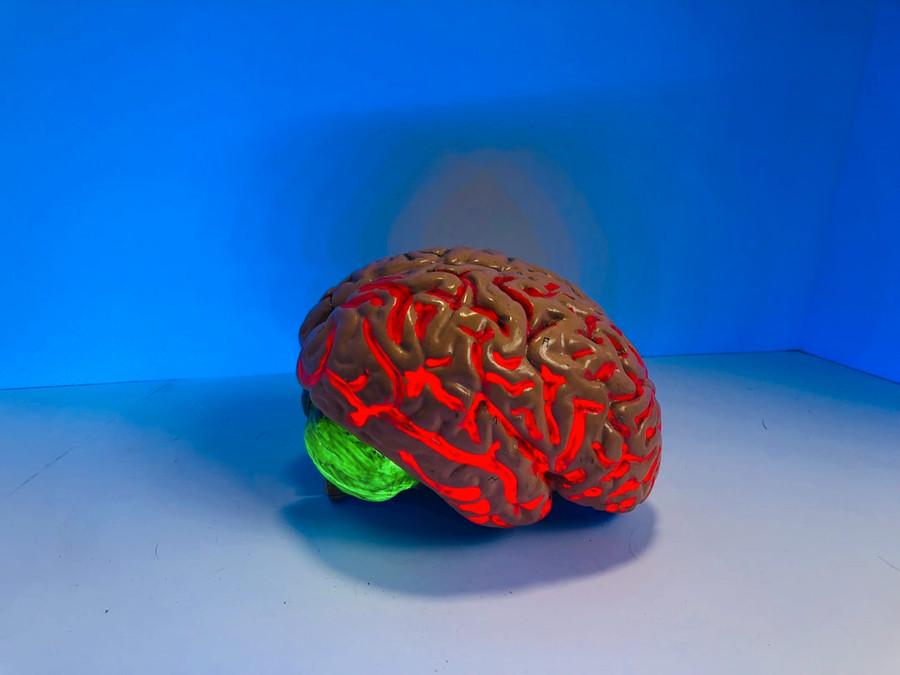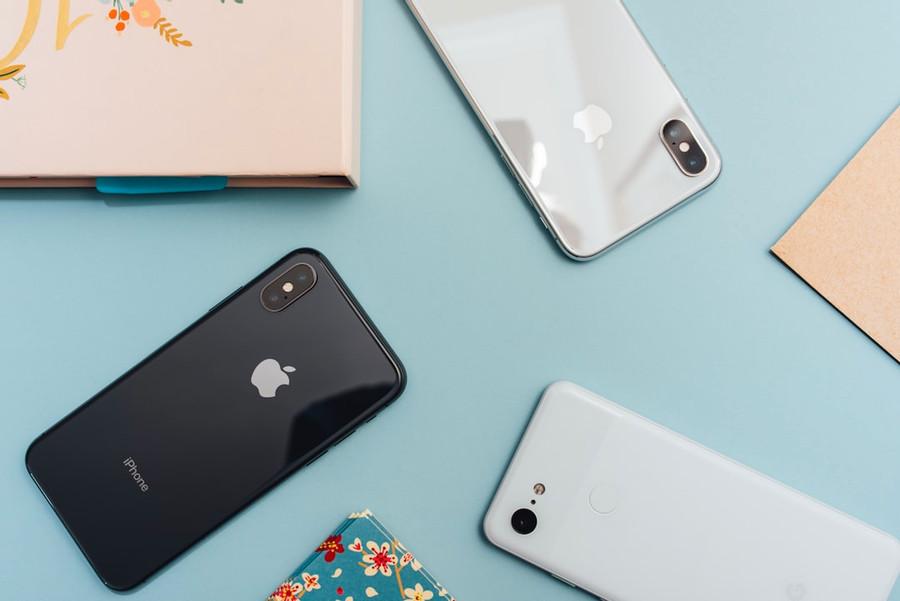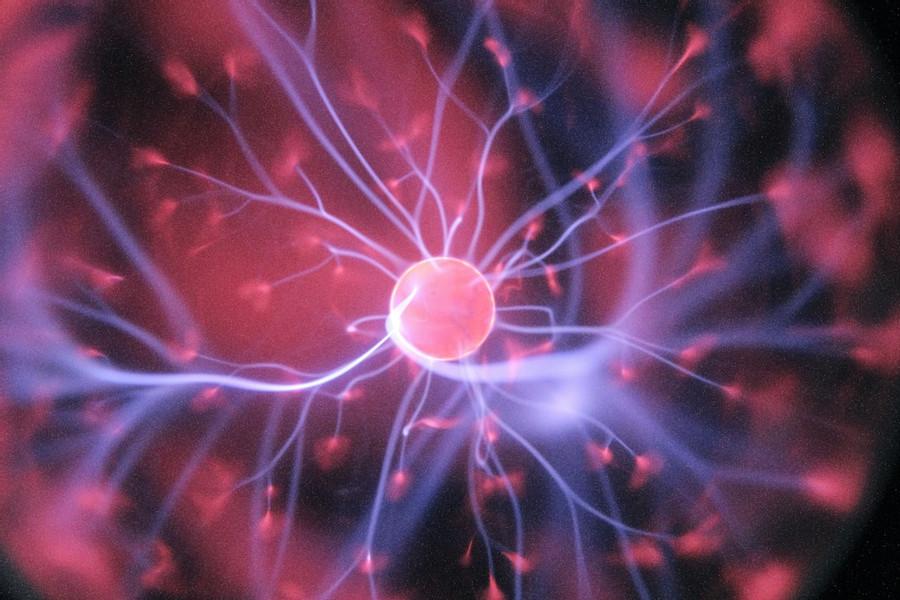The History of Cognitive Overload - Farnam Street
Curated from: fs.blog
Ideas, facts & insights covering these topics:
18 ideas
·12.4K reads
83
3
Explore the World's Best Ideas
Join today and uncover 100+ curated journeys from 50+ topics. Unlock access to our mobile app with extensive features.
Decisions Decisions
- Each day we are confronted with hundreds, probably thousands of decisions. Most of which are insignificant or unimportant or both. Do we really need a whole aisle for toothpaste?
- In response to all of these decisions, most of us adopt a strategy of satisficing, a term coined by Nobel Prize winner Herbert Simon to describe something that is perhaps not the best but good enough.
- For things that don’t matter, this is a good approach. You don’t know which pizza place is the best but you know which ones are good enough.
113
1.33K reads
Satisficing: Not Perfect But Good Enough
Satisficing is one of the foundations of productive human behaviour; it prevails when we don’t waste time on decisions that don’t matter, or more accurately when we don’t waste time trying to find improvements that are not going to make a significant difference in our happiness or satisfaction.
Example: For most of us, we clean our houses until they are clean enough, reaching a kind of equilibrium between effort and benefit. It is this cost-benefits analysis that is at the heart of satisficing.
108
1.14K reads
Decision Overload
In 1976, the average supermarket stocked 9,000 unique products; today that number has ballooned to 40,000 of them, yet the average person gets 80%– 85% of their needs in only 150 different supermarket items. That means that we need to ignore 39,850 items in the store.
This comes with a cost.
Neuroscientists have discovered that unproductivity and loss of drive can result from decision overload. Although most of us have no trouble ranking the importance of decisions if asked to do so, our brains don’t automatically do this.
108
1.03K reads
A Limited Mind, An Unlimited World
Our world has exploded. Information is abundant. We have a limited number of decisions. After all, there are only so many we can make in a day without compromising quality. Once we’ve hit that limit it doesn’t matter how important they are.
The decision-making network in our brain doesn’t prioritize.
We can have trouble separating the trivial from the important, and all this information processing makes us tired. Neurons are living cells with a metabolism; they need oxygen and glucose to survive and when they’ve been working hard, we experience fatigue.
108
927 reads
The Speed Of Our Mind
The processing capacity of the conscious mind has been estimated at 120 bits per second. That bandwidth, or window, is the speed limit for the traffic of information we can pay conscious attention to at any one time. While a great deal occurs below the threshold of our awareness, and this has an impact on how we feel and what our life is going to be like, in order for something to become encoded as part of your experience, you need to have paid conscious attention to it.
103
796 reads
The Limited Bandwidth Of Our Brain
In order to understand one person speaking to us, we need to process 60 bits of information per second. With a processing limit of 120 bits per second, this means you can barely understand two people talking to you at the same time. Under most circumstances, you will not be able to understand three people talking at the same time.
With such attentional restrictions, it’s clear why many of us feel overwhelmed by managing some of the most basic aspects of life.
108
698 reads
Our Most Important Mental Resource
Attention is the most essential mental resource for any organism. It determines which aspects of the environment we deal with, and most of the time, various automatic, subconscious processes make the correct choice about what gets passed through to our conscious awareness.
For this to happen, millions of neurons are constantly monitoring the environment to select the most important things for us to focus on. These neurons are collectively the attentional filter. They work largely in the background, outside of our conscious awareness.
106
669 reads
Missing The Beautiful Sunset
Most of the perceptual remains of our daily lives don’t register.
When you’ve been driving on the freeway for several hours at a stretch, you don’t remember much of the scenery that has whizzed by: Your attentional system “protects” you from registering it because it isn’t deemed important. This unconscious filter follows certain principles about what it will let through to your conscious awareness.
103
650 reads
Dogs And Squirrels
The attentional filter is one of evolution’s greatest achievements.
In nonhumans, it ensures that they don’t get distracted by irrelevancies.
- Squirrels are interested in nuts and predators, and not much else.
- Dogs, whose olfactory sense is one million times more sensitive than ours, use smell to gather information about the world more than they use sound, and their attentional filter has evolved to make that so.
If you’ve ever tried to call your dog while he is smelling something interesting, you know that it is very difficult to grab his attention with sound— smell trumps sound.
99
613 reads
Buying Freedom From Distractions
Successful people— or people who can afford it— employ layers of people whose job is to narrow the attentional filter. That is, corporate heads, political leaders, spoiled movie stars, and others whose time and attention are especially valuable have a staff of people around them who are effectively extensions of their own brains, replicating and refining the functions of the prefrontal cortex’s attentional filter.
These highly successful persons have many of the daily distractions of life handled for them, allowing them to devote all of their attention to whatever is immediately before them.
105
583 reads
The Attention Filter Reports Anomalies, Not Routine Signals
The brain’s change detector is at work all the time, whether you know it or not.
If a close friend or relative calls on the phone, you might detect that her voice sounds different and ask if she’s congested or sick with the flu. When your brain detects the change, this information is sent to your consciousness, but your brain doesn’t explicitly send a message when there is no change. If your friend calls and her voice sounds normal, you don’t immediately think, “Oh, her voice is the same as always.” Again, this is the attentional filter doing its job, detecting change, not constancy.
105
532 reads
Catching The Mind
If you’re driving, a billboard for your favourite music group might catch your eye (really, we should say catch your mind) while other billboards go ignored. If you’re in a crowded room, at a party, for instance, certain words to which you attach high importance might suddenly catch your attention, even if spoken from across the room.
If someone says “fire” or “sex” or your own name, you’ll find that you’re suddenly following a conversation far away from where you’re standing, with no awareness of what those people were talking about before your attention was captured.
100
509 reads
The Mind Makes Us Intentionally Blind
The human brain has evolved to hide from us those things we are not paying attention to. In other words, we often have a cognitive blind spot: We don’t know what we’re missing because our brain can completely ignore things that are not its priority at the moment— even if they are right in front of our eyes.
Cognitive psychologists have called this blind spot various names, including inattentional blindness.
105
485 reads
When The Internet Happened
iPhones and iPads, email, and Twitter are the new revolutions.
Each was decried as an addiction, an unnecessary distraction, a sign of weak character, feeding an inability to engage with real people and the real-time exchange of ideas.
Our brains have collectively gone over the danger mark as information gets fed into it in truckloads.
99
482 reads
Information Overload
The industrial revolution brought along a rapid rise in discovery and advancement. Scientific information increased at a staggering clip.
Today, someone with a PhD in biology can’t even know all that is known about the nervous system of the squid! Google Scholar reports 30,000 research articles on that topic, with the number increasing exponentially. The amount of scientific information we’ve discovered in the last twenty years is more than all the discoveries up to that point, from the beginning of language.
103
487 reads
Learning How To Think
Learning how to think really means learning how to exercise some control over how and what you think. It means being conscious and aware enough to choose what you pay attention to and to choose how you construct meaning from experience. Because if you cannot exercise this kind of choice in adult life, you will be totally hosed.
Think of the old cliché about the mind being an excellent servant but a terrible master. This, like many clichés, so lame and unexciting on the surface, actually expresses a great and terrible truth.
106
517 reads
How The Attention Process Works
Attention is created by networks of neurons in the prefrontal cortex (just behind your forehead) that are sensitive only to dopamine. When dopamine is released, it unlocks them, like a key in your front door, and they start firing tiny electrical impulses that stimulate other neurons in their network. But what causes that initial release of dopamine?
Typically, one of two different triggers:
- Something that is salient to your survival, with evolutionary origins.
- You effectively will yourself to focus only on that which is relevant to a search or scan of the environment.
105
499 reads
Why Curation Is Important
- As knowledge becomes more available— and decentralized through the Internet— the notions of accuracy and authoritativeness have become clouded.
- Conflicting viewpoints are more readily available than ever, and in many cases, they are disseminated by people who have no regard for facts or truth.
- Many of us find we don’t know whom to believe, what is true, what has been modified, and what has been vetted.
103
538 reads
IDEAS CURATED BY
CURATOR'S NOTE
Why we all are so mentally exhausted?
“
Roy Sutton's ideas are part of this journey:
Learn more about mindfulness with this collection
The impact of opportunity cost on personal and professional life
Evaluating the benefits and drawbacks of different choices
Understanding the concept of opportunity cost
Related collections
Similar ideas
Read & Learn
20x Faster
without
deepstash
with
deepstash
with
deepstash
Personalized microlearning
—
100+ Learning Journeys
—
Access to 200,000+ ideas
—
Access to the mobile app
—
Unlimited idea saving
—
—
Unlimited history
—
—
Unlimited listening to ideas
—
—
Downloading & offline access
—
—
Supercharge your mind with one idea per day
Enter your email and spend 1 minute every day to learn something new.
I agree to receive email updates
